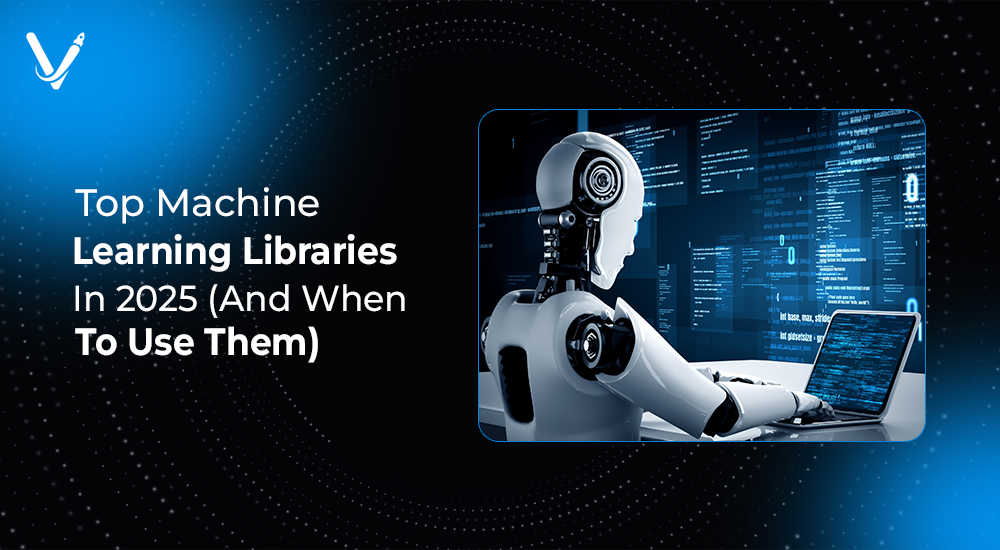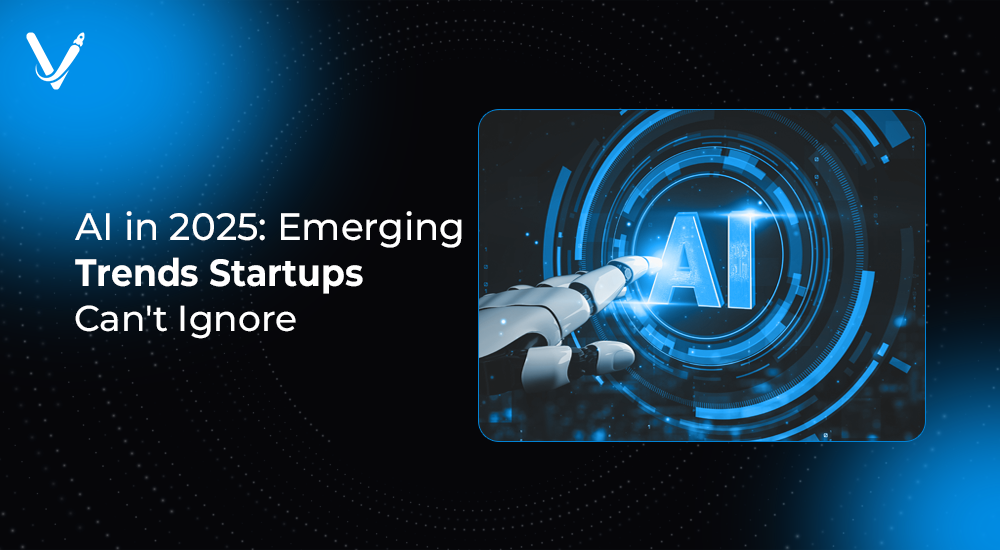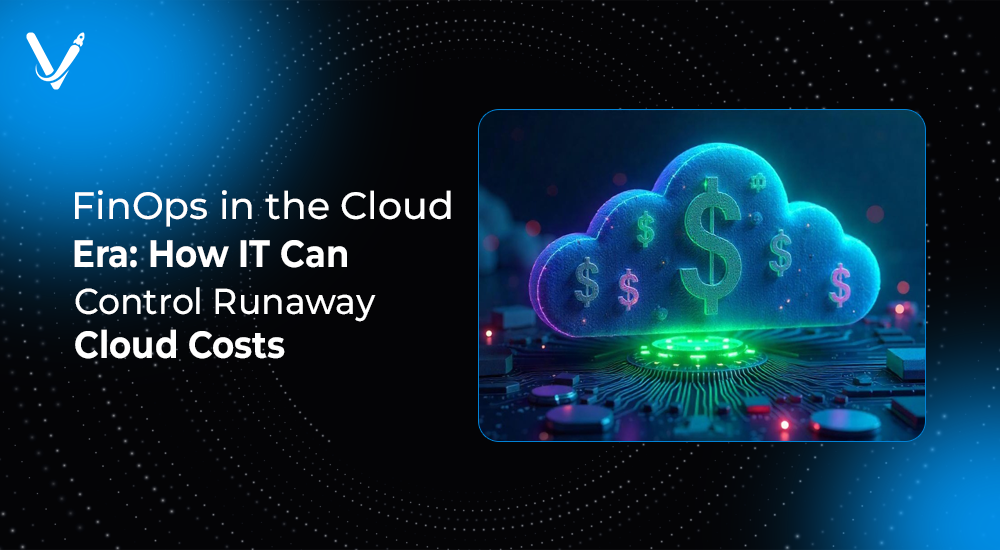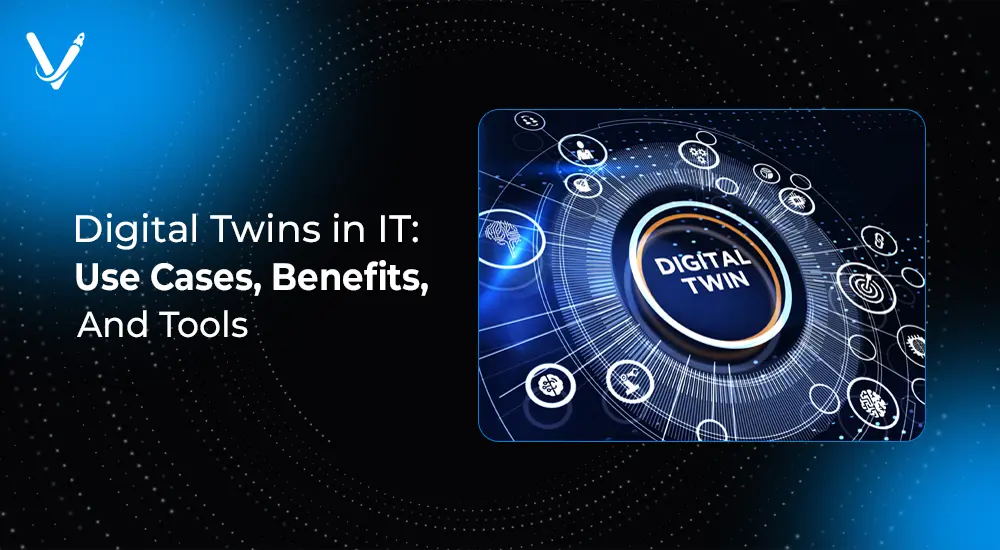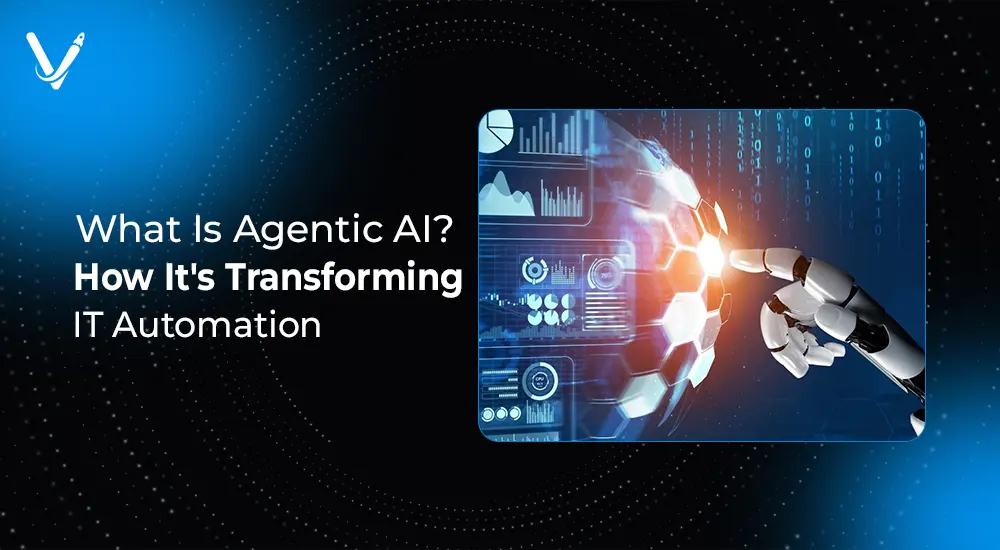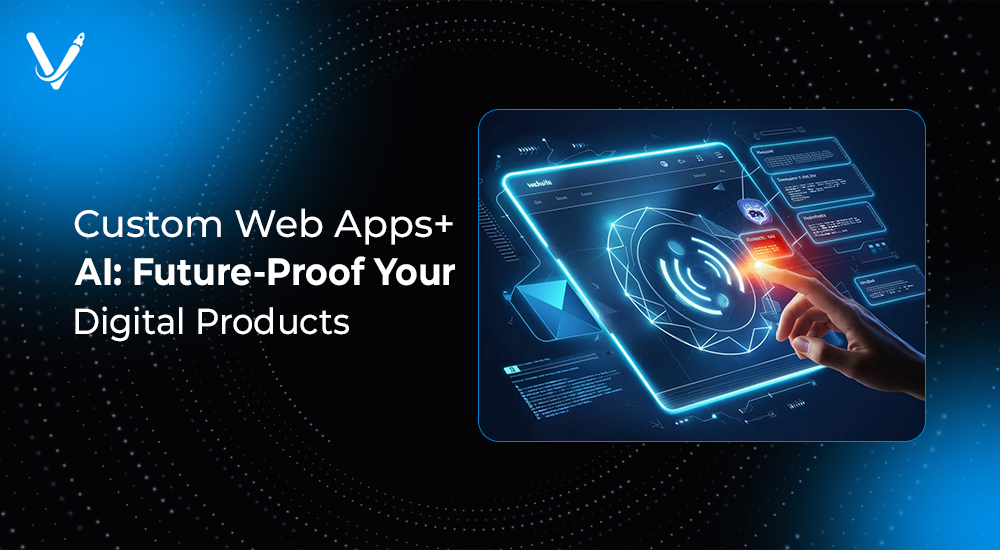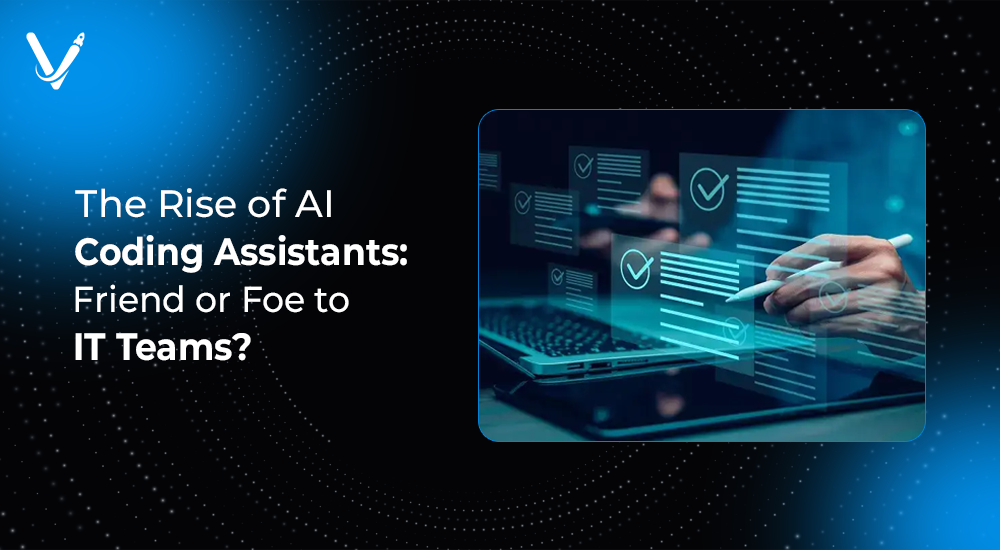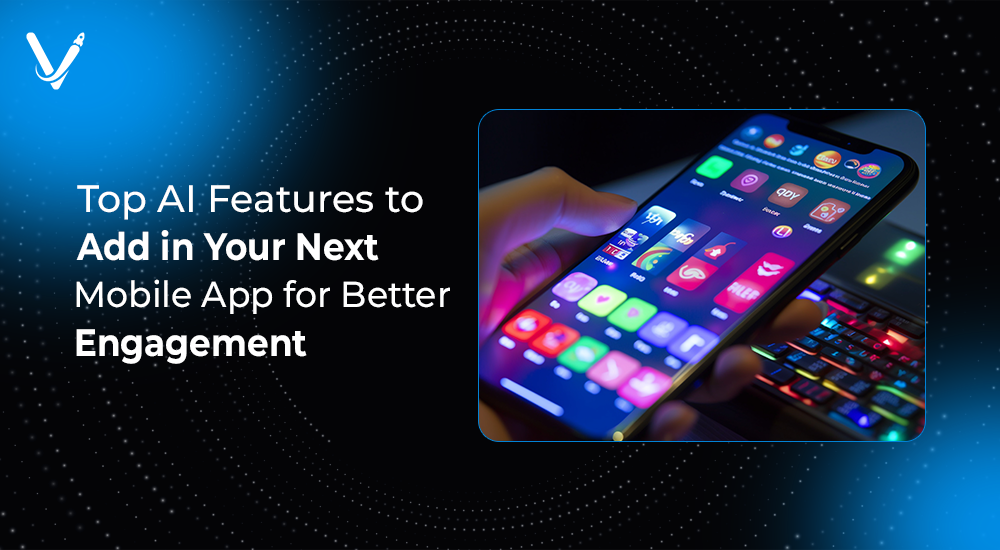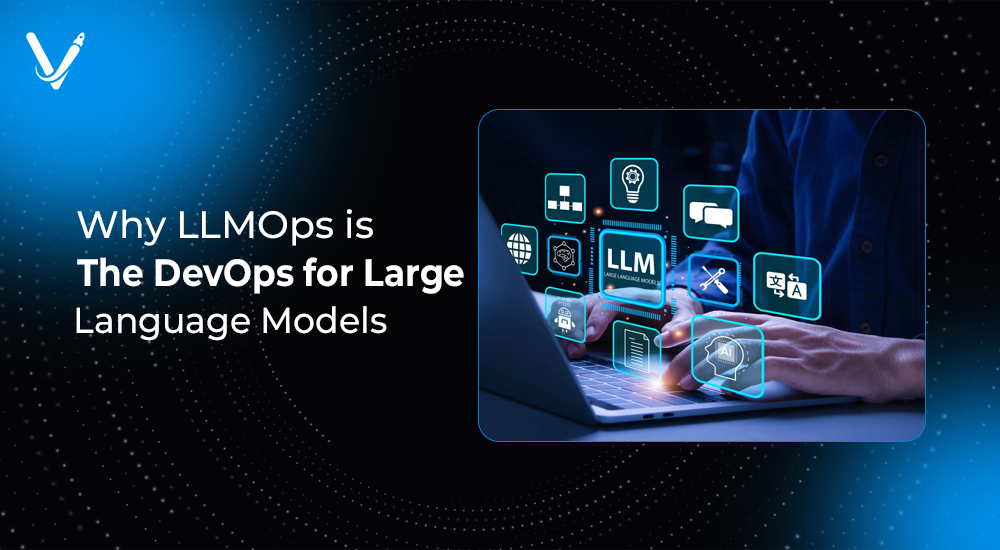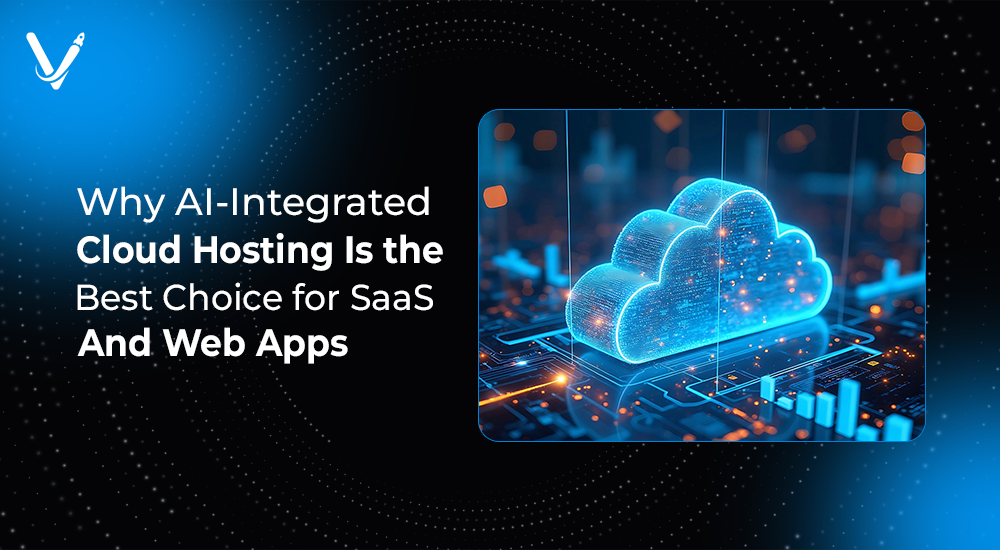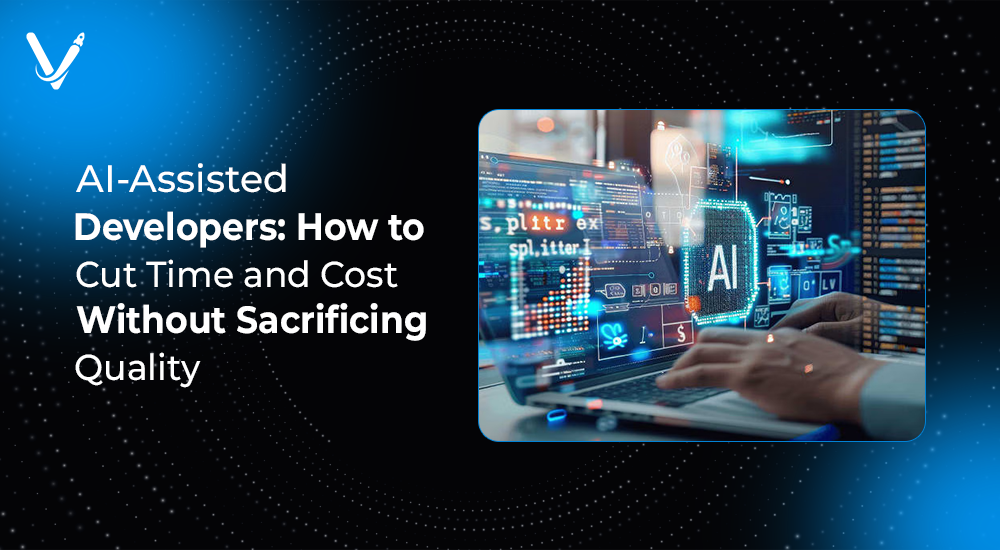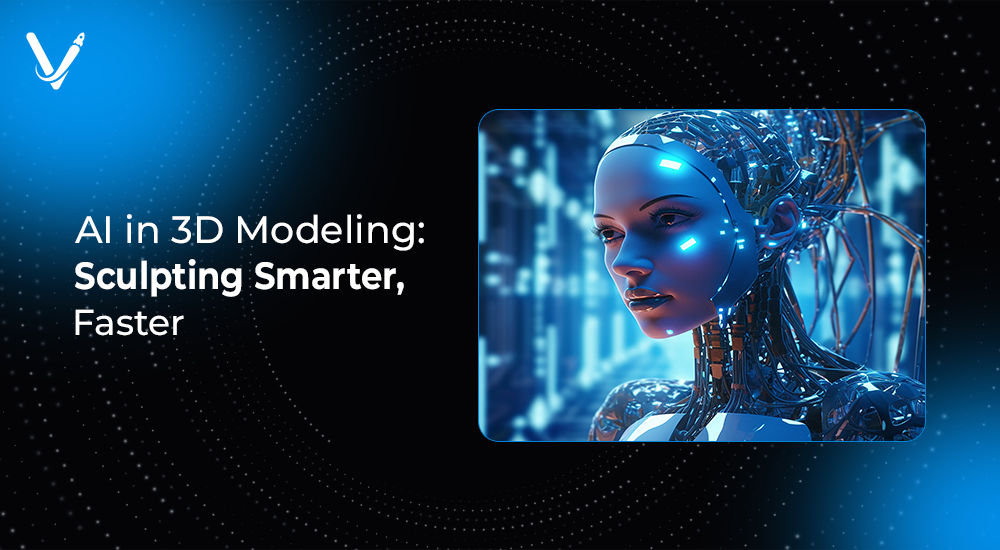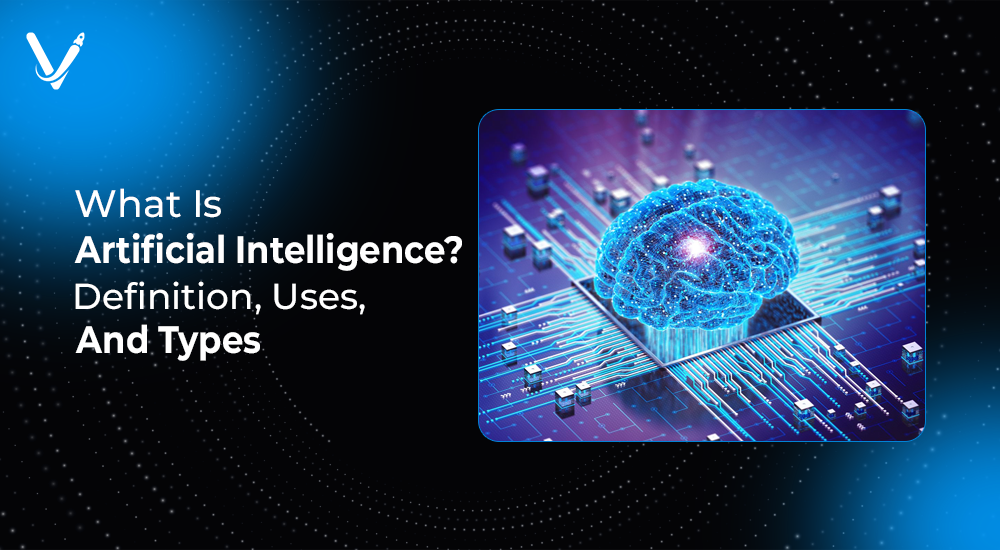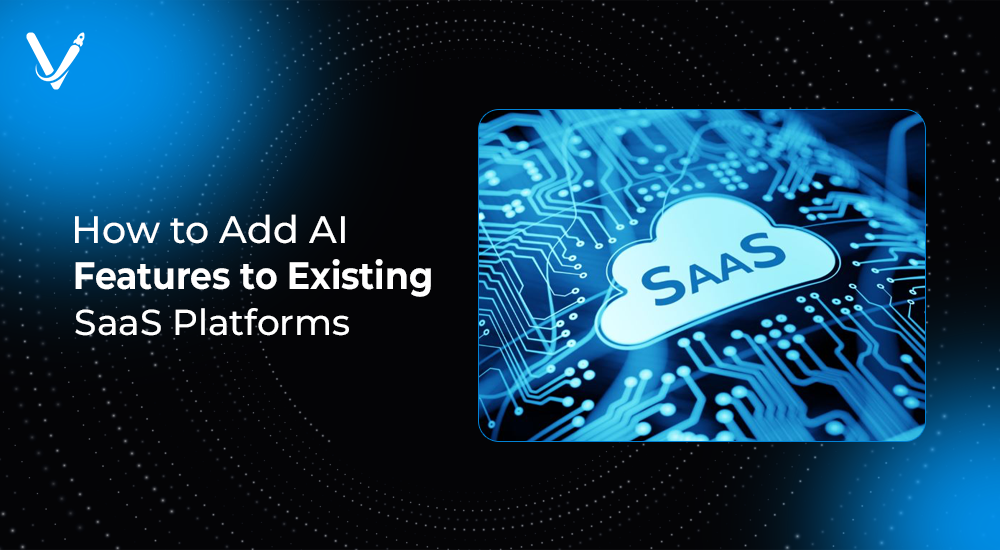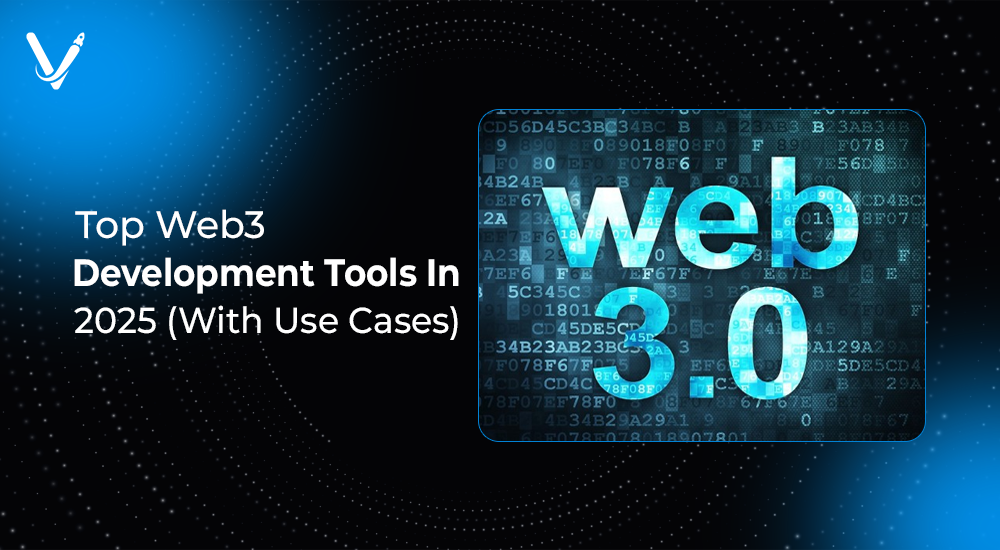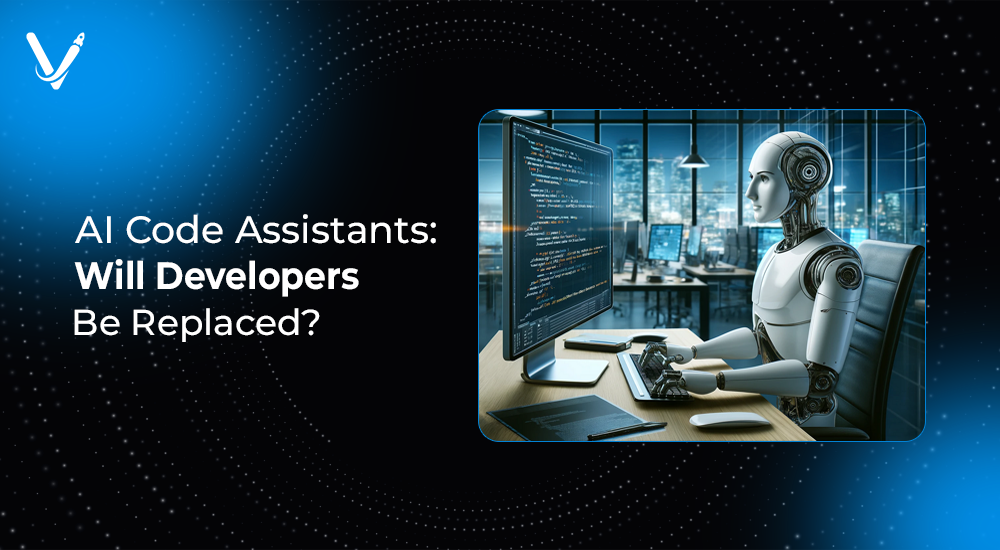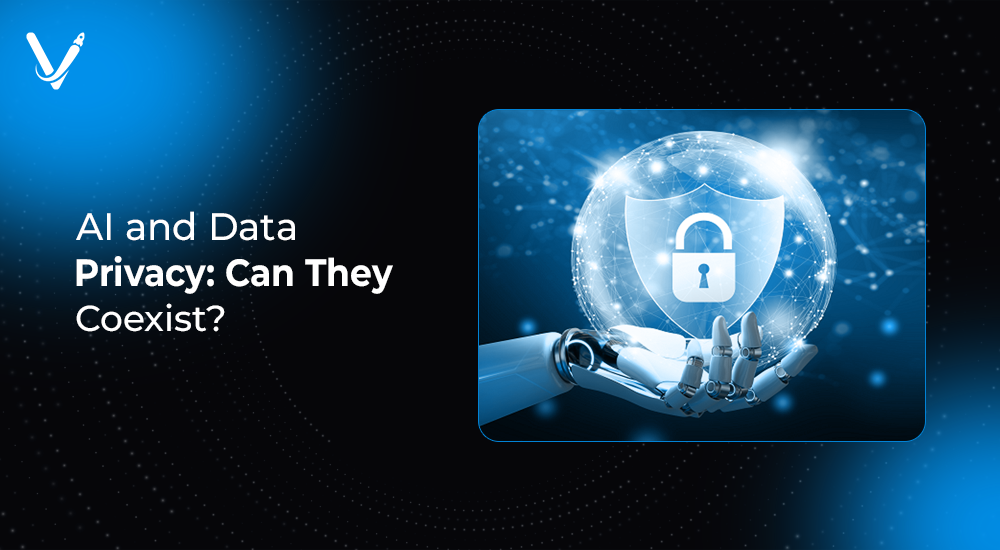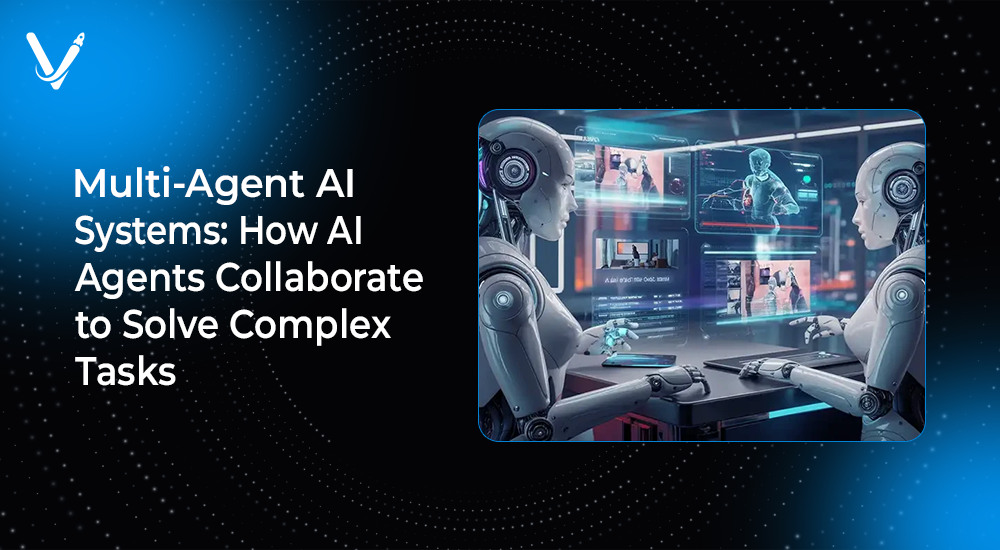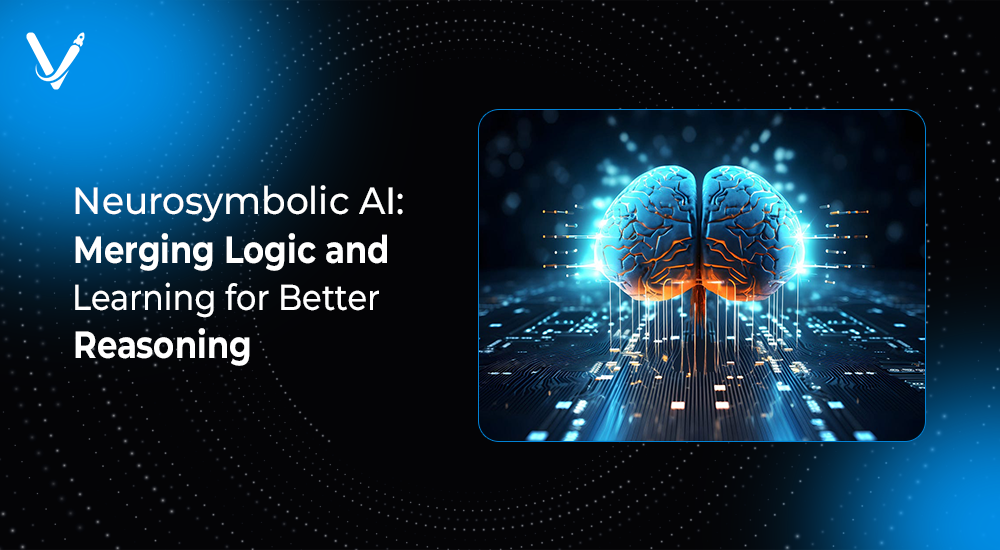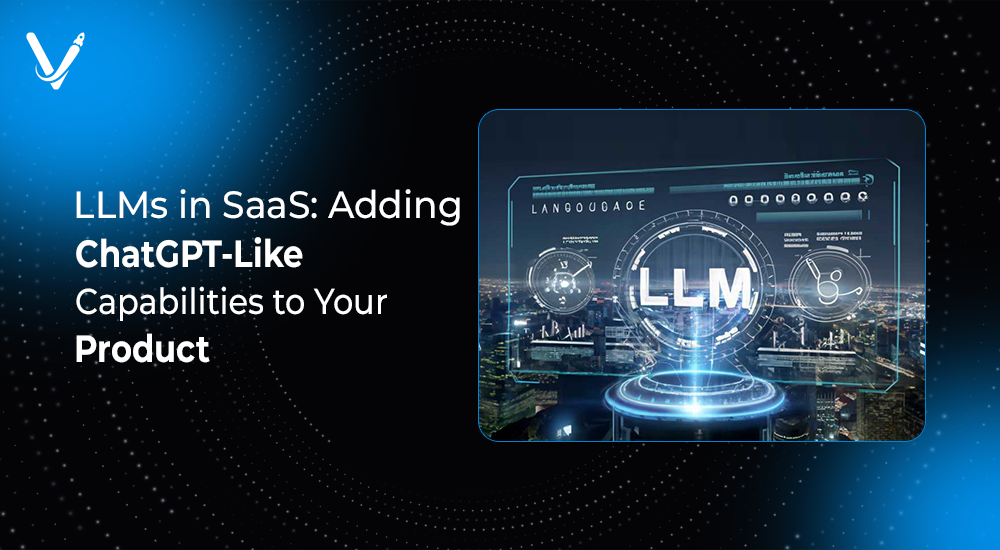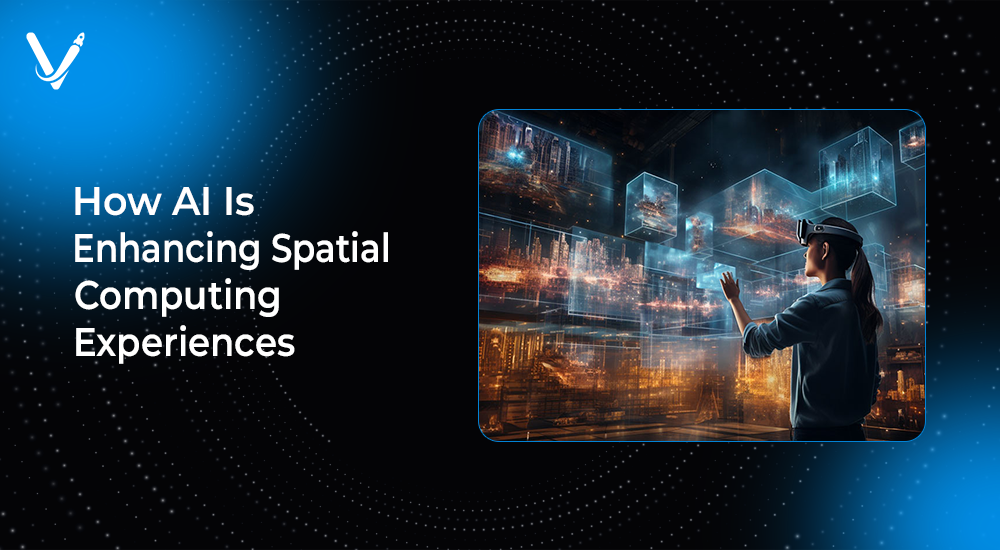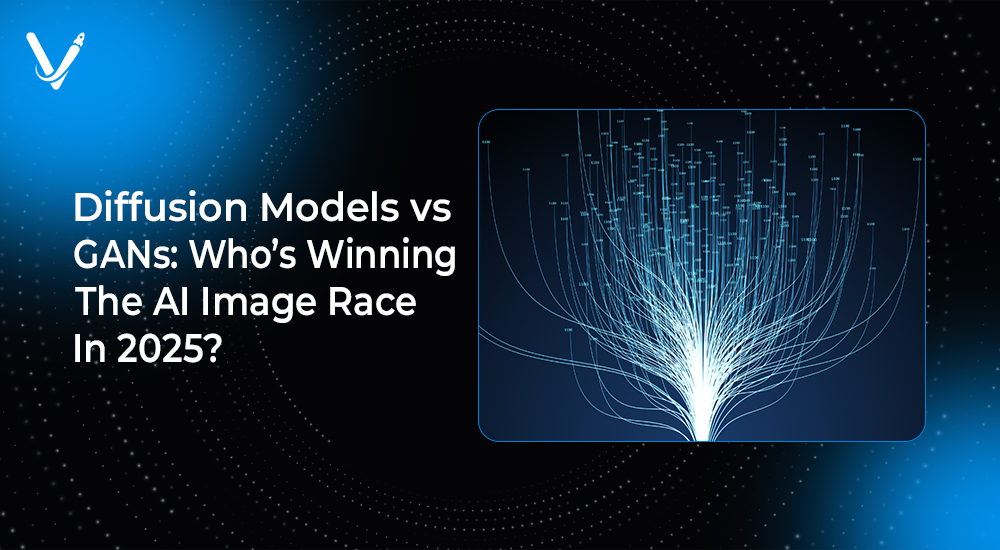AI in Software Development: Friend or Foe to Programmers?
 Chirag Pipaliya
Chirag PipaliyaSep 14, 2025
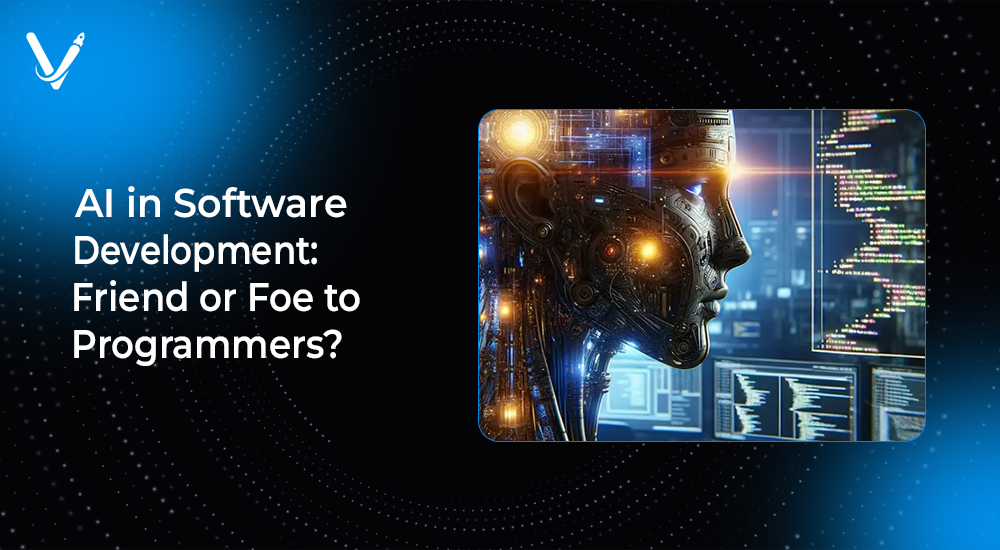
Artificial Intelligence has entered nearly every corner of technology, and software development is no exception. Tools like GitHub Copilot, ChatGPT, and DeepCode are reshaping the way programmers approach coding tasks. For some, this innovation feels like a trusted ally that boosts productivity and sparks creativity. For others, it raises alarms about job security, skill erosion, and the overreliance on automated systems. This article explores both sides of the debate and takes a deep dive into how AI is transforming software development, the opportunities it creates, the challenges it brings, and what the future holds for programmers navigating this evolving landscape.
The Rise of AI in Software Development
The idea of machines writing code was once confined to science fiction. Today, it’s reality. AI-driven platforms are reshaping software development in ways that were unimaginable even a decade ago.
Here’s how AI has entered the development world:
- Code generation tools – GitHub Copilot and TabNine can suggest whole blocks of code in real-time.
- Bug detection systems – Platforms like DeepCode and Amazon CodeGuru identify vulnerabilities and inefficiencies.
- Automated documentation – AI tools create technical documentation as code is written, saving hours of manual effort.
- Project management insights – Predictive algorithms help with delivery estimates, sprint planning, and resource allocation.
- Testing automation – AI creates and executes test cases, ensuring software quality with less manual intervention.
The adoption of these tools is not limited to big tech companies. Startups, mid-sized businesses, and even freelance developers now use AI daily. The accessibility of these platforms means the “AI revolution” in coding is no longer optional—it’s mainstream.
The Promises of AI as a Developer’s Companion
When AI works in tandem with programmers, it opens doors to remarkable possibilities. One of the most celebrated advantages is the ability to automate repetitive work. Writing boilerplate code, handling unit tests, or generating documentation often consumes time that could be better spent on creative problem-solving. AI tools can take over these less inspiring tasks, allowing developers to focus on innovation.
Another major benefit lies in knowledge accessibility. New developers, who may feel overwhelmed by complex frameworks or legacy systems, can lean on AI to suggest solutions or clarify syntax. This not only shortens the learning curve but also democratizes access to advanced development practices. Senior developers, on the other hand, gain a sparring partner that can highlight alternative approaches or offer second opinions.
Error detection is yet another powerful area where AI shines. Machine learning models trained on millions of lines of code can recognize vulnerabilities, performance bottlenecks, or logical inconsistencies that might escape human eyes. By catching issues early, these systems reduce the cost of debugging and strengthen application reliability.
Beyond individual coding tasks, AI also contributes to project management. Predictive algorithms can estimate delivery timelines, flag potential risks, and even help teams allocate resources more effectively. This holistic integration transforms AI into more than just a coding assistant—it becomes a collaborative partner in the software development lifecycle.
The Concerns: When AI Feels Like a Threat
Despite its benefits, the rise of AI in software development has sparked legitimate concerns. For many programmers, the fear of replacement looms large. If machines can write functional code, what role will human developers play in the future? While complete automation is unlikely in the short term, the anxiety reflects deeper questions about the value of human expertise in an AI-dominated environment.
Another challenge is the potential decline in critical thinking. If developers rely too heavily on AI-generated solutions, they may lose the ability to deeply understand code structures or solve complex problems independently. Much like using calculators without grasping the underlying math, overdependence on AI risks creating shallow expertise.
Quality and trustworthiness of AI-generated code also remain contentious. Although AI can produce impressive results, it is not infallible. Generated solutions may contain hidden vulnerabilities, perpetuate biases, or fail to meet performance requirements. Without careful human oversight, these issues can slip into production, leading to costly consequences.
Finally, ethical and security implications cannot be ignored. AI systems often learn from open-source repositories, which might contain flawed, copyrighted, or even malicious code. This raises legal and security risks that companies must address before fully embracing AI-driven development.
Striking a Balance: The Human-AI Partnership
The reality is that AI works best with humans, not instead of humans. A balanced partnership means combining machine efficiency with human creativity and judgment.
Programmers bring:
- Problem-solving ability
- Creativity in design and innovation
- Empathy for user needs
- Ethical decision-making
- Business context understanding
AI brings:
- Speed and scalability
- Pattern recognition
- Automation of repetitive tasks
- Data-driven recommendations
- Consistency in output
Together, these strengths create a hybrid development process where humans guide AI, review its work, and use it as a powerful assistant rather than a replacement.
Key Benefits of AI in Software Development
Enhanced productivity is one of the clearest benefits. Developers can achieve more in less time, reducing project backlogs and accelerating innovation cycles. AI shortens development timelines while maintaining quality.
Improved code quality follows closely behind. With built-in bug detection, code reviews, and adherence to best practices, AI raises the overall standard of software products.
Accessibility to knowledge ensures that even junior developers can contribute meaningfully, reducing skill gaps across teams. AI provides mentorship-like support that keeps teams moving forward efficiently.
Cost reduction is another critical benefit. By streamlining processes and reducing errors, AI lowers the expenses associated with rework, delays, and post-launch fixes.
Finally, innovation gains momentum. With routine tasks automated, developers are free to explore creative solutions, experiment with new frameworks, and focus on features that delight users.
Challenges That Cannot Be Ignored
While the benefits are impressive, challenges must be carefully managed. Skill erosion remains a pressing concern. Developers need to actively practice problem-solving rather than blindly accepting AI outputs.
Bias and error in AI models can lead to flawed software. Continuous human review and testing are crucial to mitigate these risks.
Intellectual property concerns pose another challenge. Companies must ensure compliance with licensing rules when using AI-generated code.
Cultural resistance within development teams can also slow adoption. Some programmers may view AI as undermining their expertise, leading to tension in collaborative settings.
Finally, dependency risk must be addressed. If organizations lean too heavily on AI without cultivating strong human talent, they risk being vulnerable when systems fail or evolve unpredictably.
The Future of Programming in an AI-Powered World
The future is not a zero-sum game between programmers and AI. Instead, it points toward hybrid models where human and machine contributions intertwine. Programmers of tomorrow will likely spend less time writing raw syntax and more time orchestrating systems, ensuring ethical compliance, and aligning technology with business goals.
New job roles are already emerging. AI trainers, ethics specialists, and prompt engineers represent careers that didn’t exist a few years ago. Similarly, software development may evolve into a more creative and strategic discipline, with AI handling the mechanical aspects.
Education will also adapt. Instead of focusing solely on memorizing syntax, future curricula may emphasize problem-solving, design thinking, and critical evaluation of AI-generated outputs. This evolution ensures that human skills remain relevant even in a world where machines handle much of the grunt work.
Practical Tips for Developers Adapting to AI
Developers looking to thrive in this AI-powered landscape can adopt a proactive approach. Continuous learning remains vital. Staying updated with AI tools, frameworks, and ethical considerations will future-proof careers.
Hands-on experimentation with AI platforms builds familiarity and confidence. Rather than resisting the change, embracing it early offers a competitive advantage.
Collaborating with AI as a partner rather than seeing it as competition fosters healthier professional growth. By focusing on skills that AI cannot replicate—creativity, empathy, judgment—developers solidify their role in the future of technology.
Networking and community engagement also play an important role. Sharing insights, learning from peers, and participating in discussions about AI ensures developers remain part of the conversation shaping the industry’s future.
Conclusion
Artificial Intelligence in software development is both a transformative force and a source of concern. It boosts productivity, improves code quality, and accelerates innovation, yet it also introduces risks of skill erosion, security flaws, and ethical dilemmas. The ultimate outcome depends not on AI itself, but on how programmers and organizations choose to integrate it. By embracing AI as a collaborative partner rather than fearing it as a rival, developers can elevate their work and shape the future of software engineering.
At Vasundhara Infotech, we believe in leveraging AI responsibly to create smarter, faster, and more reliable software solutions. Our mission is to empower businesses while ensuring that human creativity and expertise remain at the heart of innovation. If you’re ready to explore how AI can transform your digital journey, connect with us today.







